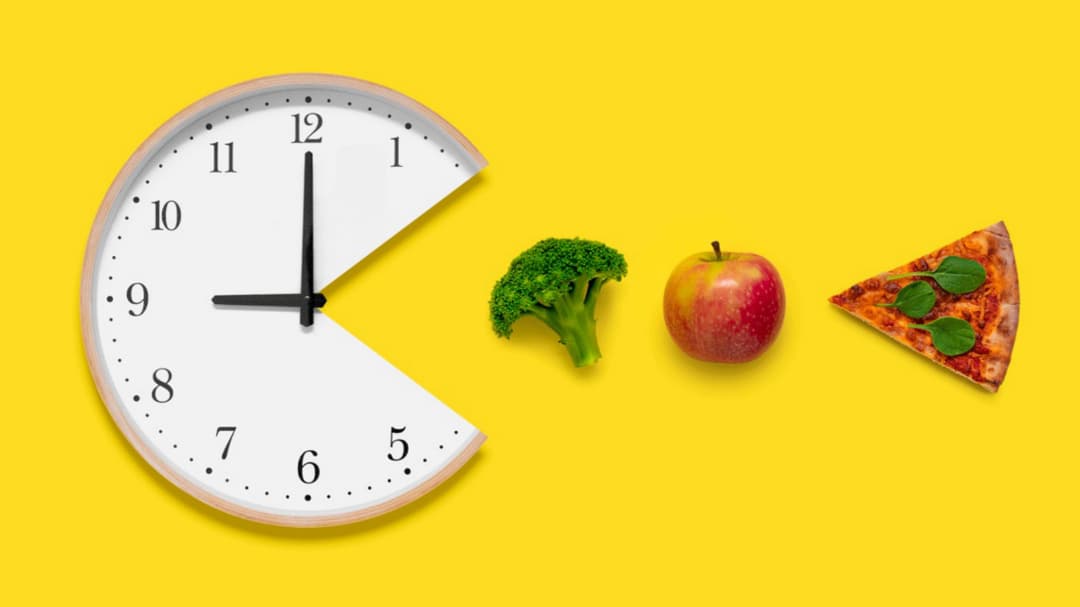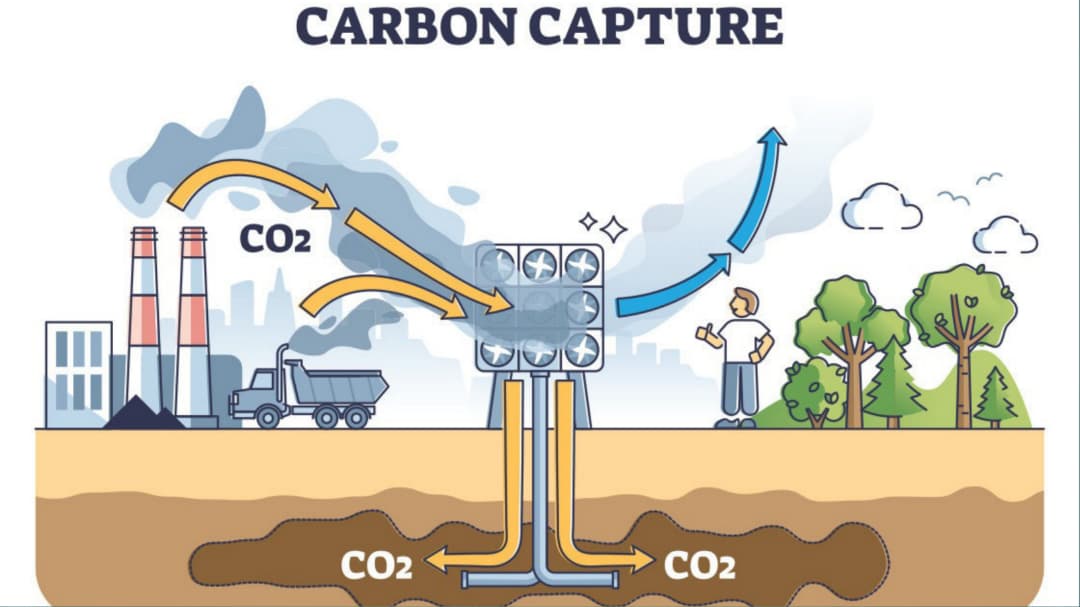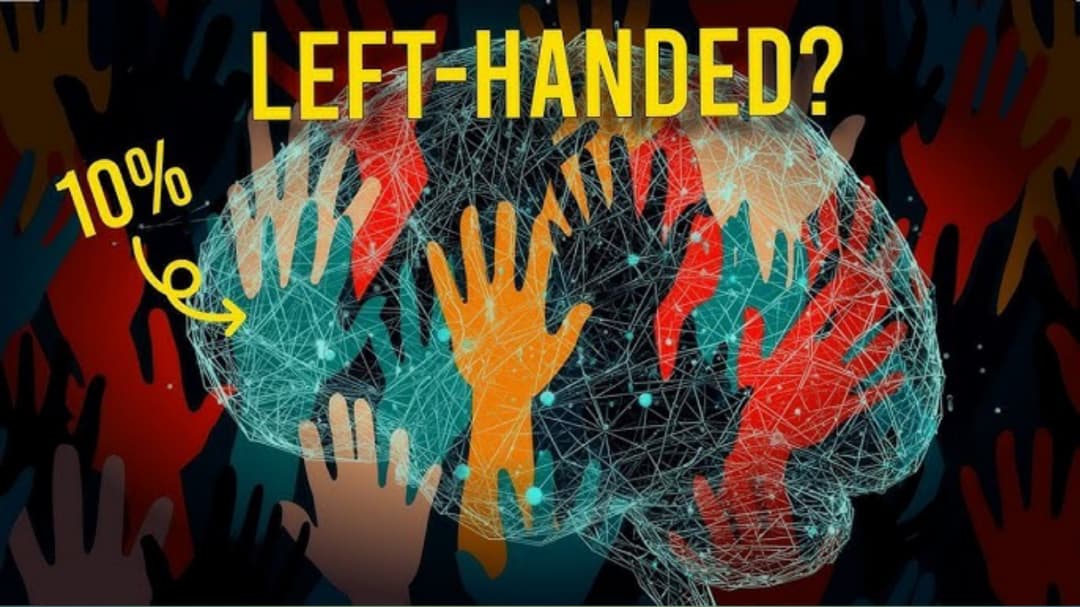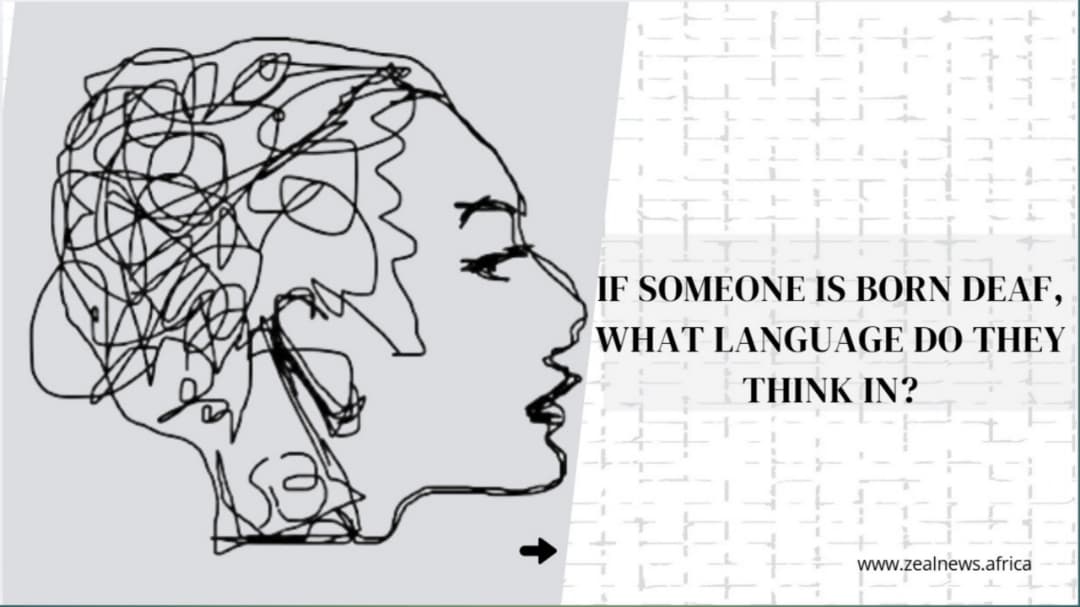Your Health, Their Data: Big Tech Watches Everything
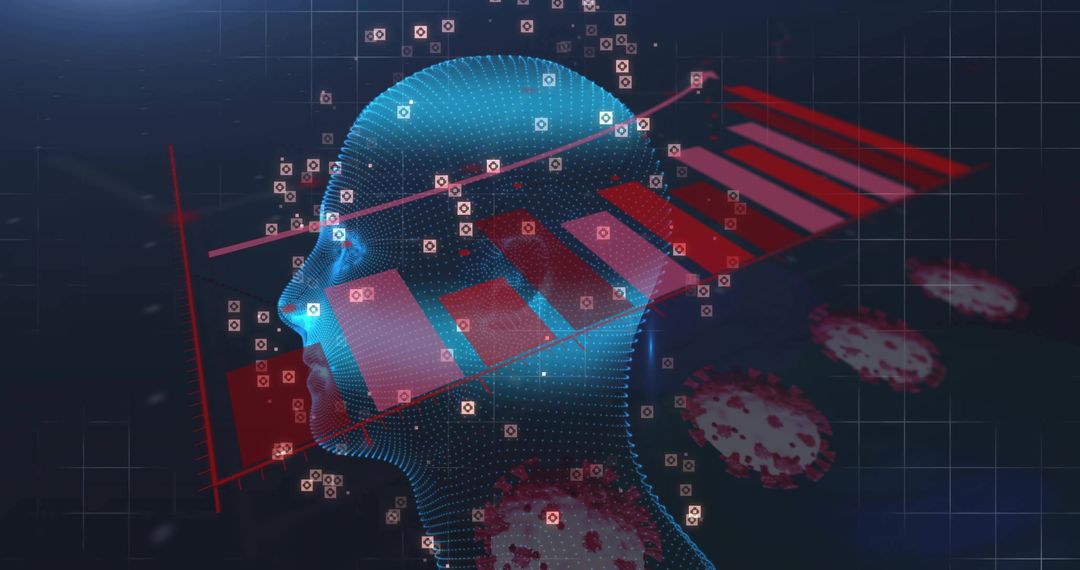
Imagine waking up one morning to realize that your sleep patterns, heart rate, and even stress levels have been quietly monitored, analyzed, and stored sometimes by companies you’ve never heard of. One small device on your wrist or phone might already know more about your body than your closest friends or family. Health technology didn’t announce itself with fanfare, it crept quietly into daily life, promising convenience, while quietly gathering intimate details about our lives.
At first, fitness trackers, sleep monitors, and health apps seemed like harmless tools to help us stay healthy. They counted steps, tracked calories, and reminded us to drink water. But over time, these tools have become silent observers. Every heartbeat, every restless night, every spike in stress contributes to vast databases. This information isn’t just collected for your benefit; companies use it to analyze patterns, predict risks, and sometimes monetize your habits. What feels like convenience is also a subtle intrusion.
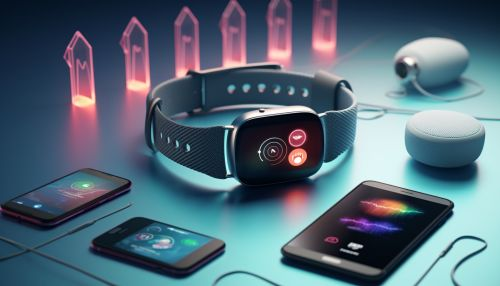
Big tech giants like Google, Apple, and Microsoft have rapidly expanded into healthcare. They purchase startups, develop AI for diagnostics, and partner with hospitals around the world. Their promise is simple: faster diagnoses, better treatment, and care tailored to you. Promise sounds comforting but the hidden costs, like privacy risks and ethical concerns, are rarely discussed openly.
The core of this revolution is data. Unlike a password, which can be changed if stolen, your heart rhythms, sleep cycles, and even genetic markers are uniquely yours. Once stored digitally, this information can be analyzed to predict future conditions, suggest treatments, or even be sold to other organizations. The implications are huge, and most people don’t realize the power being held over their own bodies.
Cybersecurity issues amplify the danger. Consider the WannaCry attack on theNHS, which locked hospital systems, canceled surgeries, and froze patient records. Lives were disrupted. Safety in a digital health era isn’t just about keeping devices secure, it’s about protecting real human lives.
Even without hackers, your data could still affect your life in unseen ways. Insurers might use metrics like sleep patterns or stress levels to raise premiums, and employers could use predictive health analytics when making hiring decisions. According to Pew Research and the FTC, these practices are already under scrutiny, but enforcement is limited. Control over your own health information is slowly slipping away.
Algorithmic bias is another hidden risk. Studies in Nature Medicine show that AI diagnostic tools trained primarily on certain demographic groups may misinterpret symptoms in others. This could lead to misdiagnosis, delayed treatment, or unequal care. Fairness is a critical concern as technology expands in healthcare.
The human element in medicine is also under threat. Doctors’ experience, intuition, and empathy are being supplemented or even replaced by AI recommendations. Machines can calculate risks quickly, but they cannot feel fear, pain, or context. Care is more than just numbers; it’s human understanding.
Consent in digital health is often an illusion. Many apps hide their practices in lengthy, unreadable terms of service. TheElectronic Frontier Foundation warns that many apps share anonymized data with advertisers or research firms without fully informing users. Transparency should protect us, but in practice, it often doesn’t.
Global health organizations are sounding the alarm. TheWorld Health Organization urges countries to treat health data like critical infrastructure like water or electricity. Our personal medical information is now a societal asset. Protection of this data must be urgent and consistent.
Governments are trying to respond. TheEuropean Health Data Space gives citizens more control over digital health records, but laws alone are not enough. Companies still control servers, and data often moves beyond your reach. Power often rests where the data is, not with the people who generate it.
Researchers are developing methods to make AI more reliable. Studies onarXiv show that some AI cardiac imaging tools misjudge risks for certain populations.Synthetic datasets are now being tested to reduce these biases. Accuracy is not just a number, it can mean life or death.
Investigative journalism highlights the real-world risks. A report from reuters revealed that AI sometimes recommends better treatment for wealthier patients in controlled simulations. This exposes how digital systems could perpetuate inequalities. Equity in healthcare is fragile when machines decide outcomes.
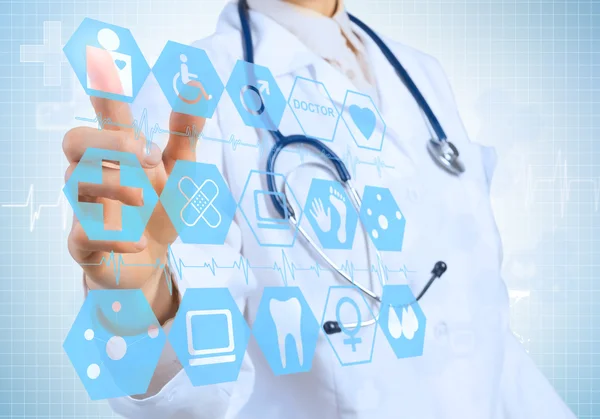
Technology is not inherently bad. AI can detect cancer earlier, remote monitors can prevent hospital emergencies, and mental health apps offer support when therapy isn’t available. Innovation saves lives but only when it’s guided by rules, ethics, and human oversight.
Responsibility is shared. Companies must reduce unnecessary data collection. Hospitals must test AI for fairness. Governments must enforce clear regulations. Only then can technology serve humanity rather than exploit it. Responsibility is urgent and collective.
Your generation has a unique role. Gen Z grew up surrounded by screens, apps, and constant connectivity. You understand digital systems better than any generation before. By asking questions, refusing apps that overreach, and demanding fairness, you can help shape a healthcare system that empowers rather than exploits. Agency belongs to those who pay attention.
The impact of health tech isn’t just personal, it can shape society. Imagine a world where your digital health profile determines your access to loans, jobs, or insurance. Decisions could be made about you before you even step into a hospital or see a doctor. This isn’t just speculation; it’s the direction some predictive systems are heading. If we don’t demand transparency and fairness, our personal health information could become a tool for discrimination rather than care.
At the same time, there is hope. Communities, advocacy groups, and researchers are pushing for better rules, clearer consent, and more ethical AI. The future of healthcare doesn’t have to be dystopian. With vigilance, education, and active participation, we can shape health technology so it works for people, not just corporations. Your choices, what you share, what you resist, and what you demand can create a system that is fair, safe, and truly human-centered.
Health technology did not arrive with fanfare. It crept into our routines while we focused on steps, sleep, and wellness apps. Now that it’s embedded in everyday life, the choice is ours: ensure technology serves humans, or let algorithms dictate healthcare. Choice is your most powerful tool.
Big Tech has already entered our bodies. Now, it is up to us to decide whether we stay in control or let our data define who we become. Awareness is the first step to reclaiming our health.
You may also like...
When Sacred Calendars Align: What a Rare Religious Overlap Can Teach Us

As Lent, Ramadan, and the Lunar calendar converge in February 2026, this short piece explores religious tolerance, commu...
Arsenal Under Fire: Arteta Defiantly Rejects 'Bottlers' Label Amid Title Race Nerves!

Mikel Arteta vehemently denies accusations of Arsenal being "bottlers" following a stumble against Wolves, which handed ...
Sensational Transfer Buzz: Casemiro Linked with Messi or Ronaldo Reunion Post-Man Utd Exit!

The latest transfer window sees major shifts as Manchester United's Casemiro draws interest from Inter Miami and Al Nass...
WBD Deal Heats Up: Netflix Co-CEO Fights for Takeover Amid DOJ Approval Claims!

Netflix co-CEO Ted Sarandos is vigorously advocating for the company's $83 billion acquisition of Warner Bros. Discovery...
KPop Demon Hunters' Stars and Songwriters Celebrate Lunar New Year Success!

Brooks Brothers and Gold House celebrated Lunar New Year with a celebrity-filled dinner in Beverly Hills, featuring rema...
Life-Saving Breakthrough: New US-Backed HIV Injection to Reach Thousands in Zimbabwe

The United States is backing a new twice-yearly HIV prevention injection, lenacapavir (LEN), for 271,000 people in Zimba...
OpenAI's Moral Crossroads: Nearly Tipped Off Police About School Shooter Threat Months Ago
ChatGPT-maker OpenAI disclosed it had identified Jesse Van Rootselaar's account for violent activities last year, prior ...
MTN Nigeria's Market Soars: Stock Hits Record High Post $6.2B Deal

MTN Nigeria's shares surged to a record high following MTN Group's $6.2 billion acquisition of IHS Towers. This strategi...


